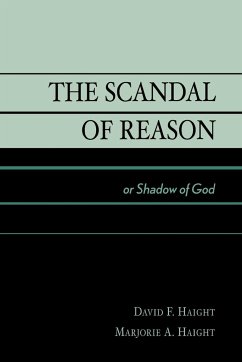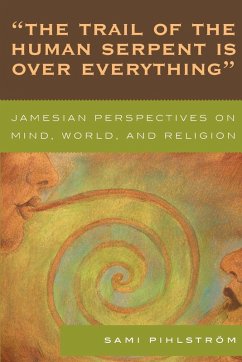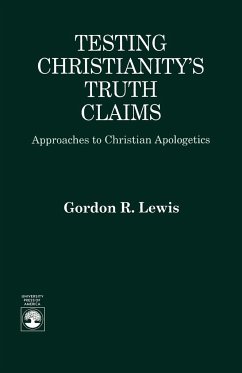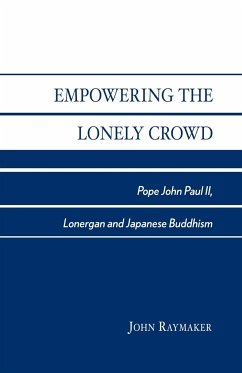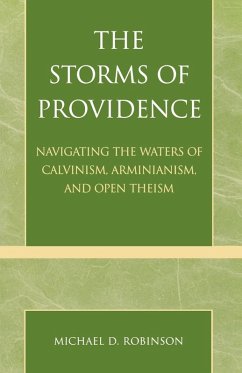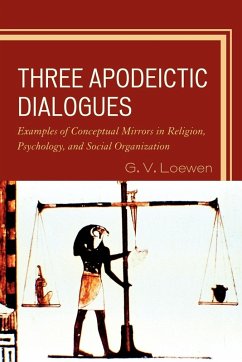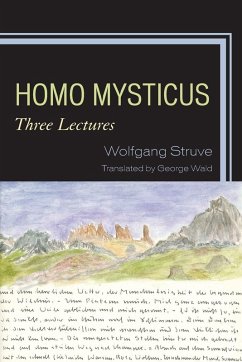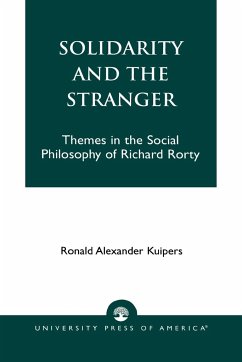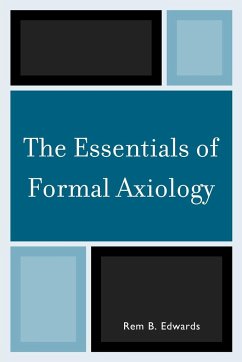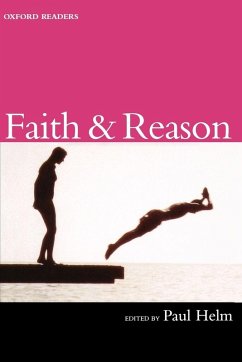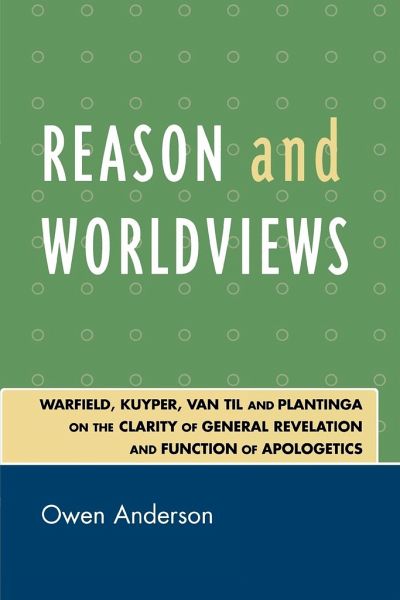
Reason and Worldviews
Warfield, Kuyper, Van Til and Plantinga on the Clarity of General Revelation and Function of Apologetics
Versandkostenfrei!
Versandfertig in 1-2 Wochen
51,99 €
inkl. MwSt.

PAYBACK Punkte
26 °P sammeln!
After the challenges of the Enlightenment from philosophers such as David Hume, contemporary philosophers of religion tend to think that proof is not possible and that at best humans have arguments for the probability or plausibility of belief in God. But, Christianity maintains that humans should know God. This book explores attempts to respond to the Enlightenment challenges by thinkers at Princeton Theological like Benjamin Warfield. It considers Warfield's view of reason and knowledge of God, his debate with Abraham Kuyper, and the attempt to reconcile differences between these two by Corn...
After the challenges of the Enlightenment from philosophers such as David Hume, contemporary philosophers of religion tend to think that proof is not possible and that at best humans have arguments for the probability or plausibility of belief in God. But, Christianity maintains that humans should know God. This book explores attempts to respond to the Enlightenment challenges by thinkers at Princeton Theological like Benjamin Warfield. It considers Warfield's view of reason and knowledge of God, his debate with Abraham Kuyper, and the attempt to reconcile differences between these two by Cornelius Van Til. It also considers Reformed Epistemology, which has become popular in recent decades and is credited for a renewed interest in Christian philosophy.



